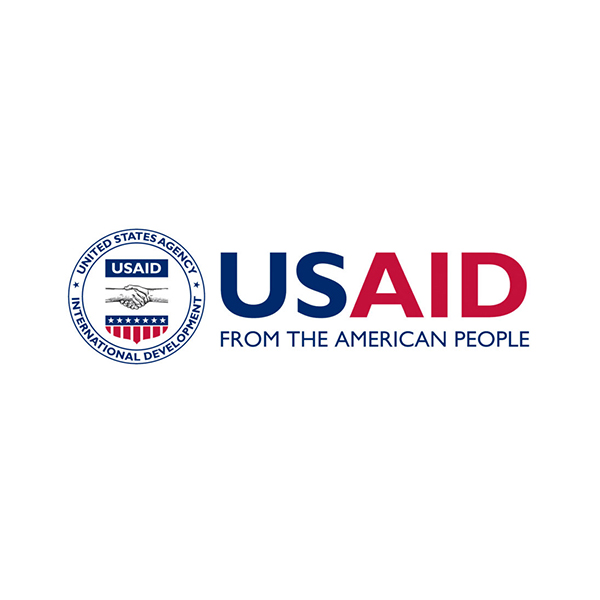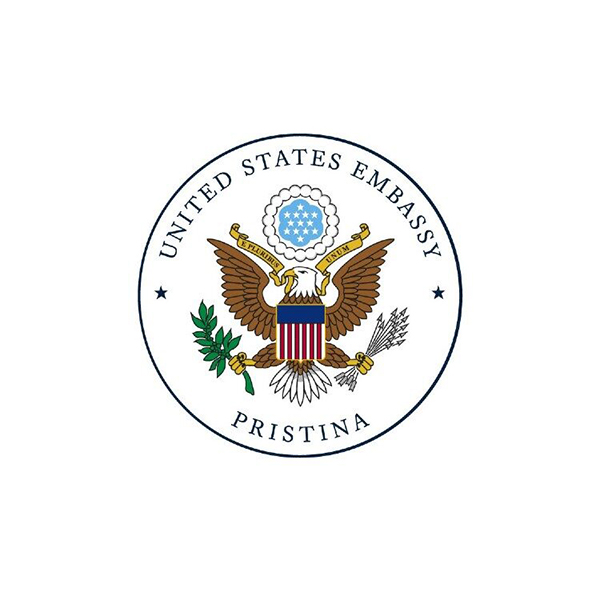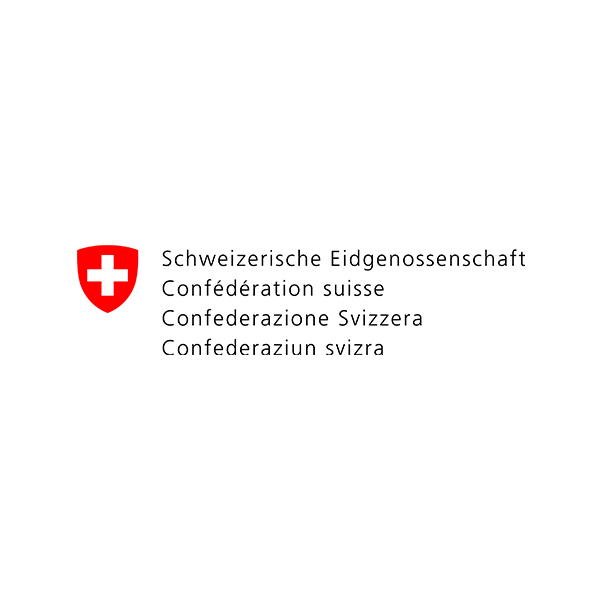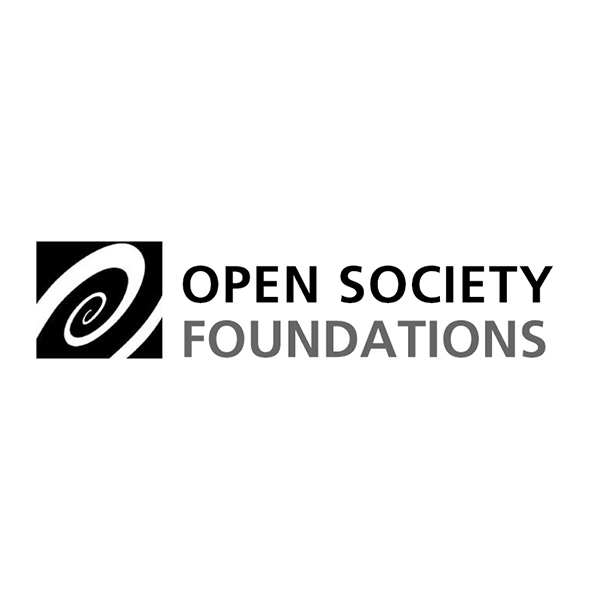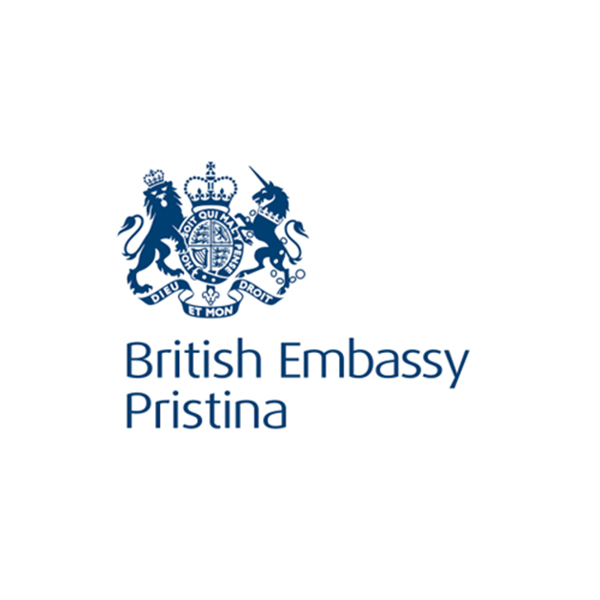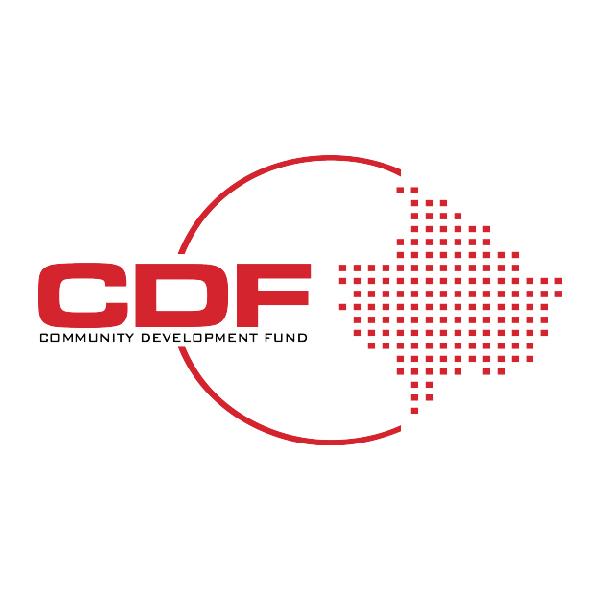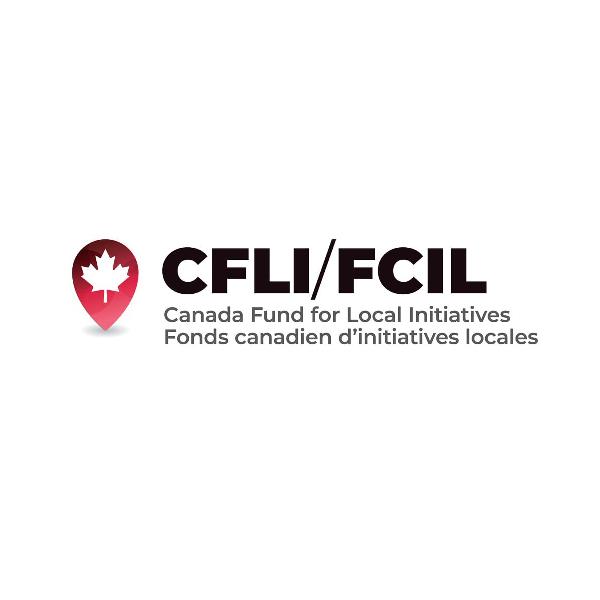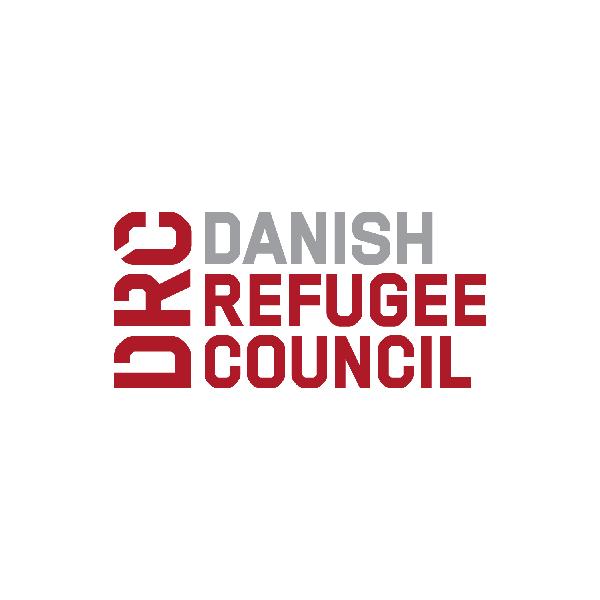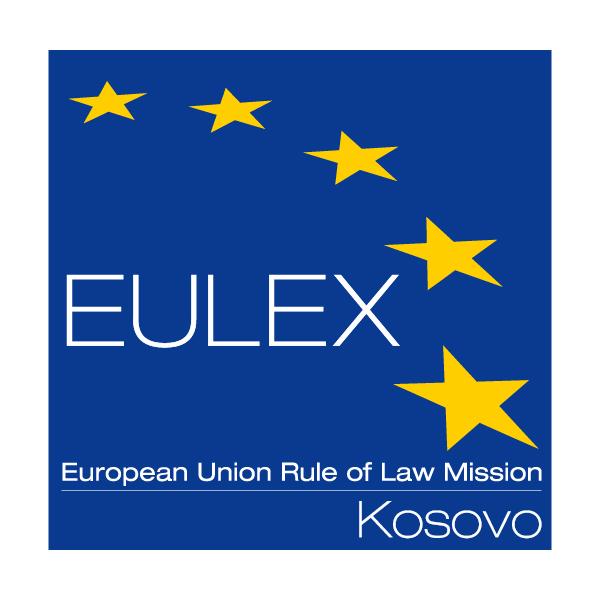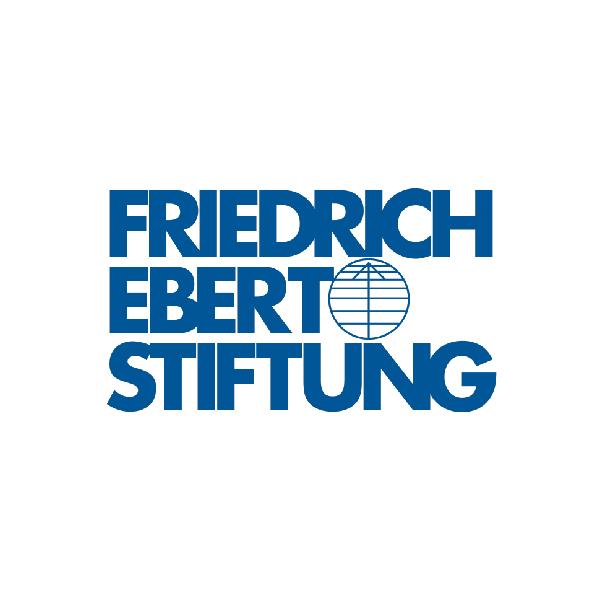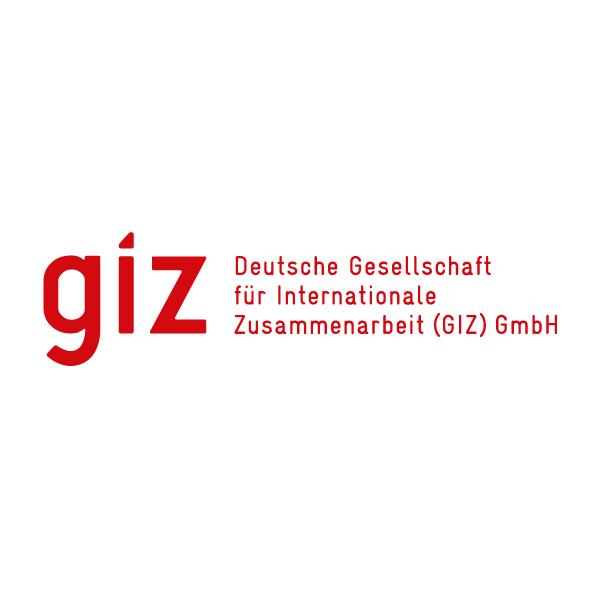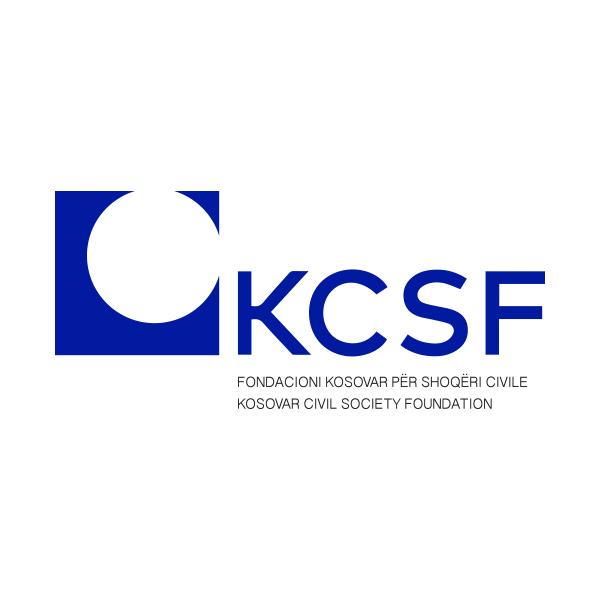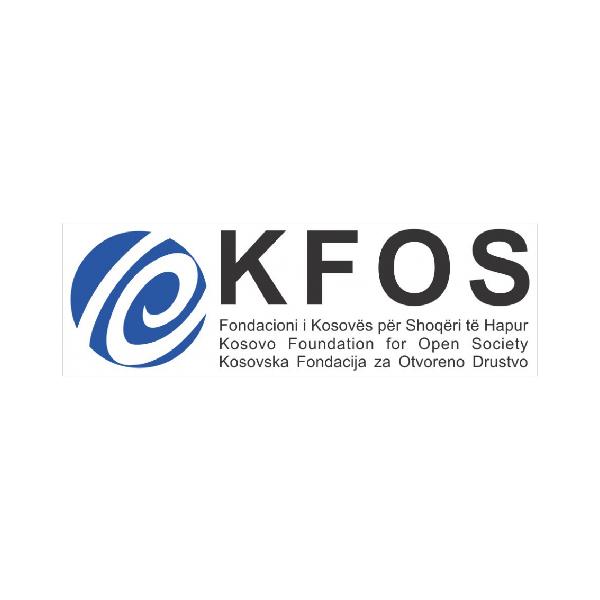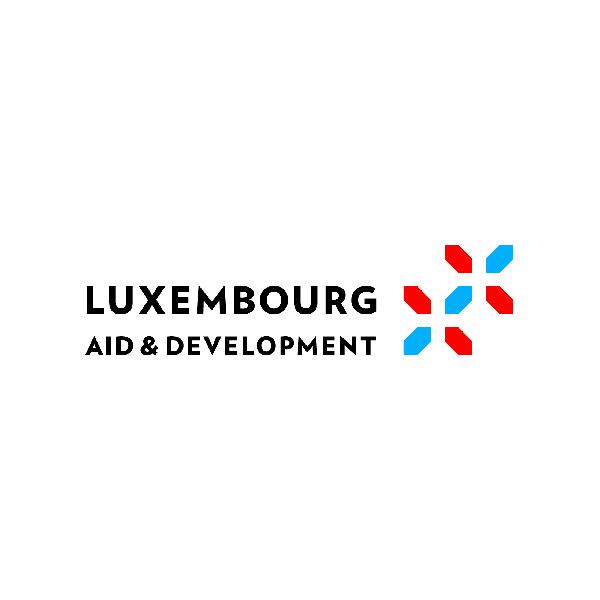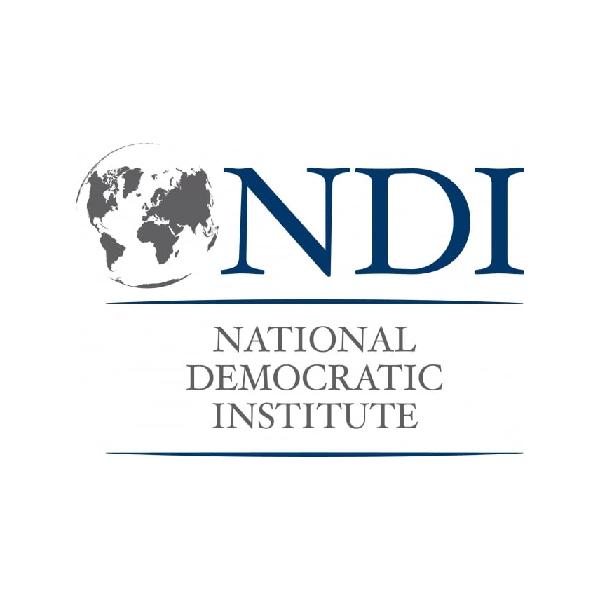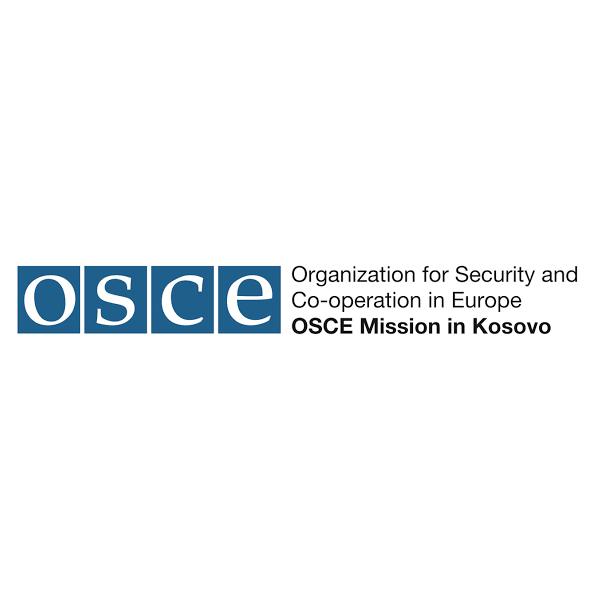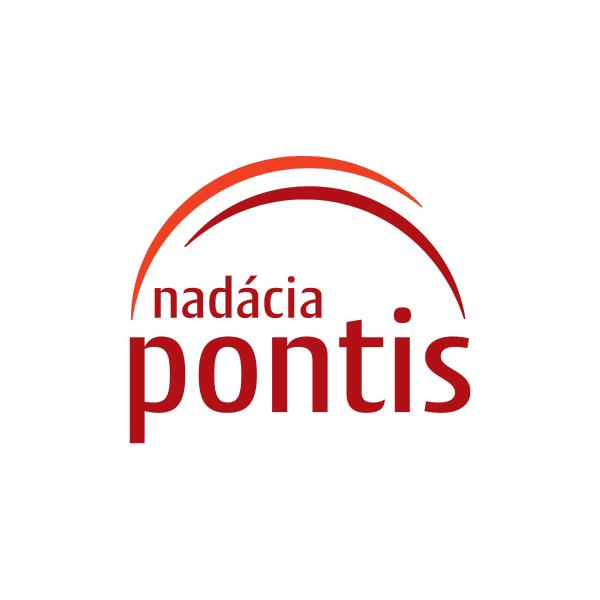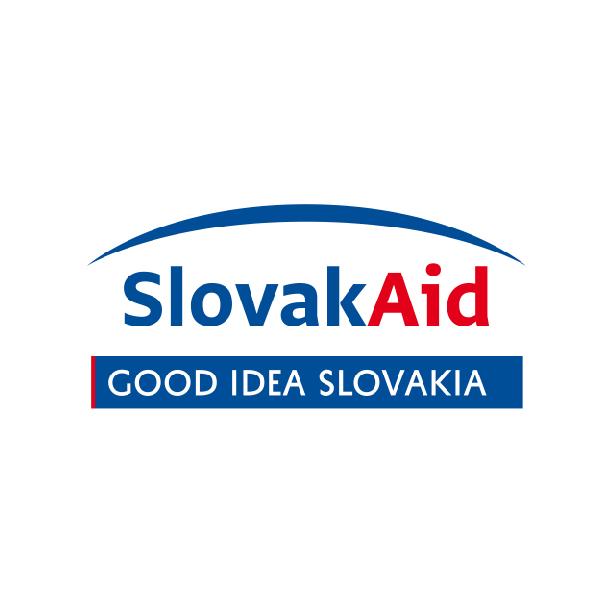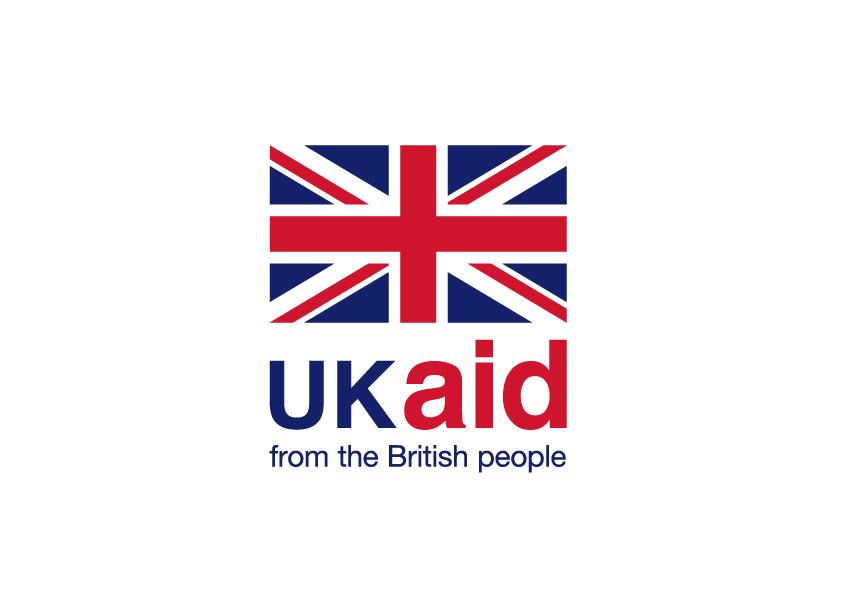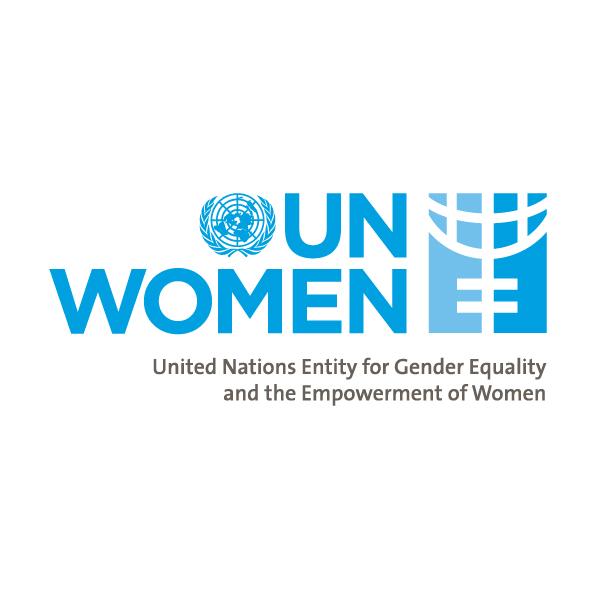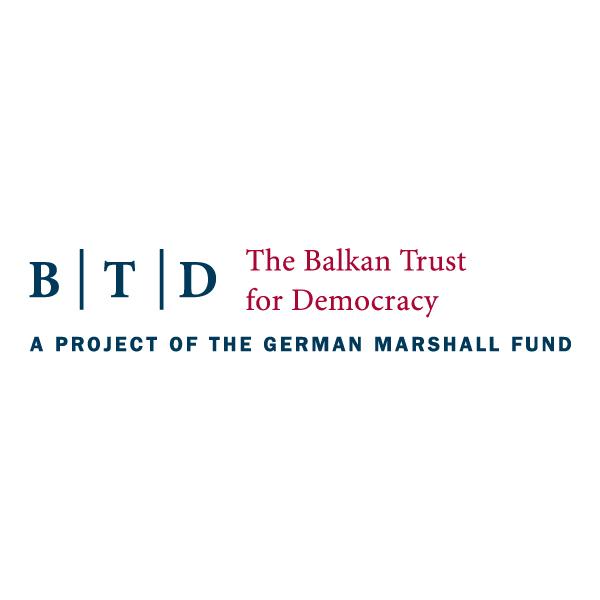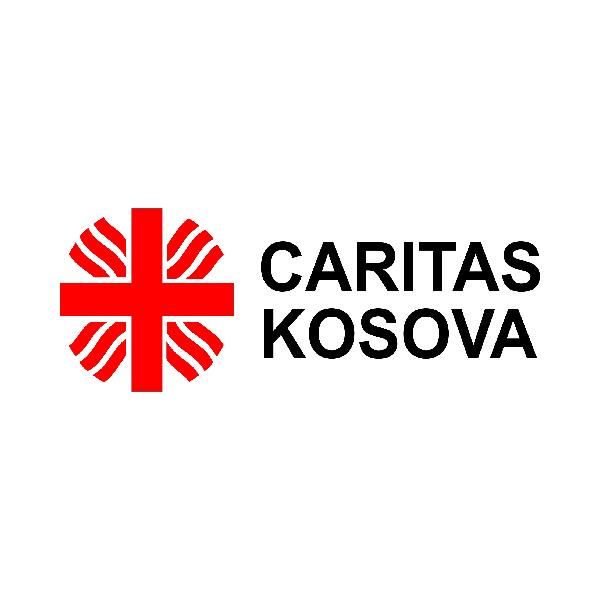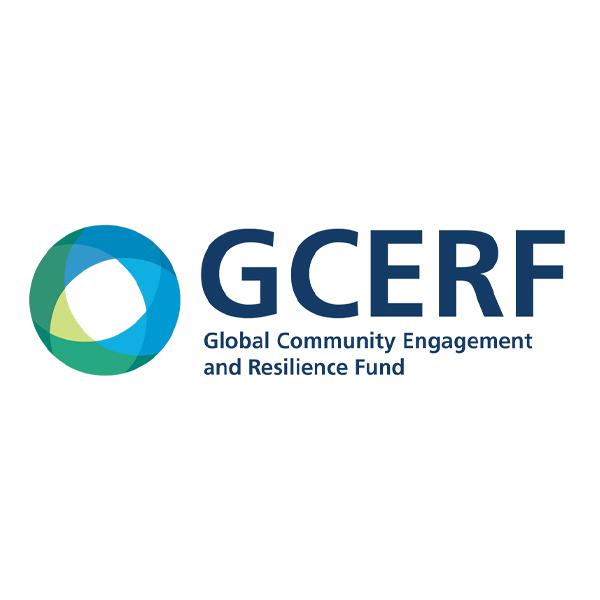Report on the situation of human rights in the north of Kosovo
Reporting period: March 2024
In the last few months, there has been an increase in violence and inter-ethnic tensions in the north of Kosovo that were caused by the actions on the local and central levels these actins where: Resining of Serbian workers in Kosovo institutions, installing heightened presence of special police in northern municipalities, barricades, Boycotting of elections and clashes of protesters with police and KFOR units. Along with this a new wave of hate speech in traditional and social media has been fueled, as well as alleged human rights violations by the Kosovo police under the pretext of fighting crime and enforcing the rule of law, leading to too many cases where residents become collateral damage of the mentioned events.
To document events that can serve as indicators of the current sociopolitical, security, and human rights situation in northern Kosovo
Methodology
NGO Aktiv gathered information about possible cases of hate speech and human rights violations by monitoring media reports in Serbian and Albanian, as well as through direct interviews with local residents of four northern municipalities who reported human rights violations. The report relies on universally accepted terminology and definitions of human rights, as incorporated in the Universal Declaration of Human Rights (UDHR) and other relevant UN conventions and documents, the European Convention for the Protection of Human Rights and Fundamental Freedoms, as well as the applicable legislation of Kosovo regarding human rights and protection against discrimination, including hate speech.
General report on the situation of human rights in March 2024
This report delves into the events of March, a month of great historical significance in Kosovo. It marks the anniversary of the NATO bombing of Yugoslavia in 1999, the March violence in 2004, and the “Bred for Drenica” protest. These events are interpreted differently across various communities in Kosovo, leading to potential political manipulation and historical distortion. This year, there has been a notable increase in actions such as politicizing victims and manipulating data, intensifying the issues highlighted in February. Concerns regarding the dinar continue to be prominent, along with the targeting of individuals associated with NGOs and related sectors.
March violence or “pogrom”
Recap:
The events of March 17th and 18th began with Kosovo news agencies in the Albanian language reporting a tragic incident involving a group of Albanian boys who allegedly drowned in the River Ibar. The initial narrative suggested that Serbs from a nearby village had chased the boys with a dog, prompting them to jump into the river in an attempt to escape, resulting in the drowning of three of the boys, as recounted by one surviving boy. However, it was later revealed that the boy’s statements had been made under considerable pressure from journalists, and subsequent recounts of the event did not support the initial claims.
Further investigations by an investigative team failed to establish a connection between the deaths of the three boys and Serbs. These events sparked protests that quickly escalated into violence targeting Serb homes and the Serbian church. Tragically, this violence resulted in multiple casualties, and hundreds of people were forced to flee their homes as a result.
This year
leading up to the days of remembering these tragic events, Vetëvendosje published a pre-release statement that seemed to alter the narrative significantly. In this text, they claimed that children had been killed and pointed fingers at Serbian criminals as the perpetrators. They also asserted that the protests, initially peaceful, turned violent only after Serbs allegedly killed some of the protestors. They emphasized that most of the victims were Albanian, further fueling tensions.[1]
Subsequently, the leader of Vetëvendosje, Albin Kurti, issued a statement that was slightly more restrained in its language but seemingly maintained the core claim of children being killed and uncertainty about who directed the protests toward Serbs.[2]
Such actions are highly concerning as they risk inciting further use of hate speech. It’s crucial to note that these events might not have occurred if there had been more professionalism in reporting at the time. Unfortunately, the passage of time hasn’t sufficiently improved relations between the two groups, and news agencies still lack professionalism.
By revising past events and portraying people in a negative light, they create a narrative that could justify collective punishment against a group of people, despite no concrete proof of culpability in this specific case.
Đorđe Bojović
Consultant Viola VON CRAMON, Đorđe Bojović, has been subjected to online attacks, accused of being an agent of Belgrade and Russia and of denying the violence in Kosovo in 1999. These allegations stemmed from a video that surfaced on social media on the 8th of March, allegedly edited in a malicious manner. The video showed Đorđe discussing crimes in Kosovo during a Youth Exchange organized by YIHR in 2015. Following the video’s release, a significant number of individuals engaged in hate speech targeting Đorđe and the broader Serb community in Kosovo.
YIHR issued a statement expressing support for Đorđe, acknowledging that the video was edited but emphasizing the importance of creating safe spaces in society to discuss challenging topics. Despite many people stepping up to defend Đorđe, another individual, Agon Maliqi, also faced backlash after showing support.
These incidents have intentionally raised questions about the role of NGOs over the years, portraying them as enemies of Kosovo who spread misinformation and cannot be trusted. Such actions are concerning as they instill fear of expressing opinions freely, thus limiting the right to freedom of expression.
Osmani and Petković
Petar Petkovic and Viollca Osmani have engaged in a concerning pattern of rhetoric characterized by insults, dehumanization, and threats, reflecting a deep animosity between their respective offices. Their exchanges have included personal jabs and accusations, with Petkovic being more direct and personal, while Osmani’s rhetoric tends to be more general but nonetheless dangerous.
As political representatives, they should set an example of positive engagement and collaboration, but instead, their rhetoric creates a divisive atmosphere where demonization of the other side is common. This kind of rhetoric is particularly dangerous as it can fuel radicalization among certain groups, portraying the “enemy” as evil forces or ultranationalists. It’s crucial for leaders to promote dialogue, understanding, and cooperation rather than escalating tensions through inflammatory language and accusations.
Sings next to the Road
In northern Kosovo, signs displaying place names along main roads have traditionally been in Serbian, using both Cyrillic and Latin scripts. However, on March 14th, these signs were replaced with bilingual plates featuring Albanian first and then Serbian. Within a day, all Albanian toponyms were painted over with black paint. On the 15th, the Minister of Infrastructure issued a statement justifying the removal of Cyrillic as compliant with Kosovo law. This action, along with the ministry’s statement, sparked widespread commentary and reactions.
On the 17th, arrests were made by the police in connection with the “vandalization” of the signs in the north. Subsequently, on the 19th, workers cleaned the signs. These events raised questions about the status of Cyrillic and its legal standing in Kosovo. Some argue that Cyrillic is protected by Kosovo law, while others view it as a relic of the Milosevic era, used to oppress Albanians and question its place in modern Kosovo.
The cleaning of signs also raised concerns, particularly in areas where the majority of residents are Albanian, as Serbian place names on round signs had been painted over long ago without any cleaning efforts. This has led many in northern Kosovo to question whether language rights apply to all citizens equally or if they are reserved for specific groups.
Furthermore, there is debate about how the current government perceives the importance of the Serbian language. Is it considered a guaranteed right of the Serbian population in Kosovo, or is it viewed differently? Some residents in the north see these actions as evidence of political maneuvering ahead of the upcoming central elections, with Serbian interests being exploited for political gain.
The actions regarding language signage in northern Kosovo are indeed concerning, as they can create a precedent that seems to prioritize one language over another and may raise questions about the laws protecting the well-being of the Serbian community in Kosovo. It’s crucial for authorities to address these concerns and ensure that language rights are respected and protected for all communities in the region.
Dinar continuation
recap: The Central Bank of Kosovo (CBK) announced the Euro as the sole legal currency, leading to panic among locals reliant on Serbian Dinars for pensions, social support, and other needs. Access to funds became difficult due to limited banking options, withdrawal limits, and challenges in opening accounts for non-Kosovo residents. Political instability and misleading statements from leaders worsened anxiety and trust in institutions declined. Marginalized groups, especially non-majority, were disproportionately affected, hindering their basic rights.
In March, there were no significant changes in Pristina’s policies regarding the use of the Dinar, despite pleas from international and non-majority communities in Kosovo. The government of Serbia responded by setting up temporary banks near major checkpoints along the Administrative Boundary Line (ABL) in mobile containers. However, these efforts have not been effective, especially for residents south of the Ibar River who must travel long distances to access their pensions or social benefits, often exceeding 300 kilometers in a day.
NGO Aktiv established a hotline for citizens to report issues related to the Dinar decisions, leading to numerous calls highlighting unresolved problems known to many but not adequately addressed by institutions. This has fueled frustration, as affected individuals feel neglected and unsupported, exacerbating feelings of instability and economic insecurity. Claims by Albin Kurti about cafes in the north accepting Euros, which is mostly untrue and irrelevant to most people, have further eroded trust and deepened concerns about the lack of assistance for those who relied on the Dinar in the past.
Elbert Krasniqi and Xhelal Sveçla and simbols of Serbia
In recent months, ministers Elbert Krasniqi and Xhelal Sveçla have been campaigning in northern Kosovo, targeting what they consider unwanted symbols of Serbia. This campaign focused on removing two billboards, one in Zvečan and another in North Mitrovica. Initially seen as minor actions, the significance became apparent over time, particularly in the context of a developing pattern among individuals living near Mitrovica.
The campaign did not target a flag associated with Serbian identity, not the national flag of Serbia, previously placed atop the mountain where Zvečan Castle is. While this flag was spared by the minister duo, their actions inspired others to take matters into their own hands. Some individuals began removing the flag, while others put it back up, leading to a cycle of removal and restoration in recent months.
In March, tensions escalated when a person removing the flag was pursued by a group, although no direct confrontation occurred. However, during this incident, the flagpole was damaged by power tools, although it did not collapse. This event highlighted how actions by high-ranking representatives can influence individuals and potentially lead to dangerous situations that endanger safety and community relations.
This situation has created a new flashpoint that remains volatile, as interactions between people with differing views on the flag’s presence could escalate tensions further and potentially result in serious incidents.
[1] https://kossev.info/kosovo-vesti-onlajn-martovski-pogrom-17-mart/
[2] https://kossev.info/kosovo-vesti-onlajn-martovski-pogrom-17-mart/


